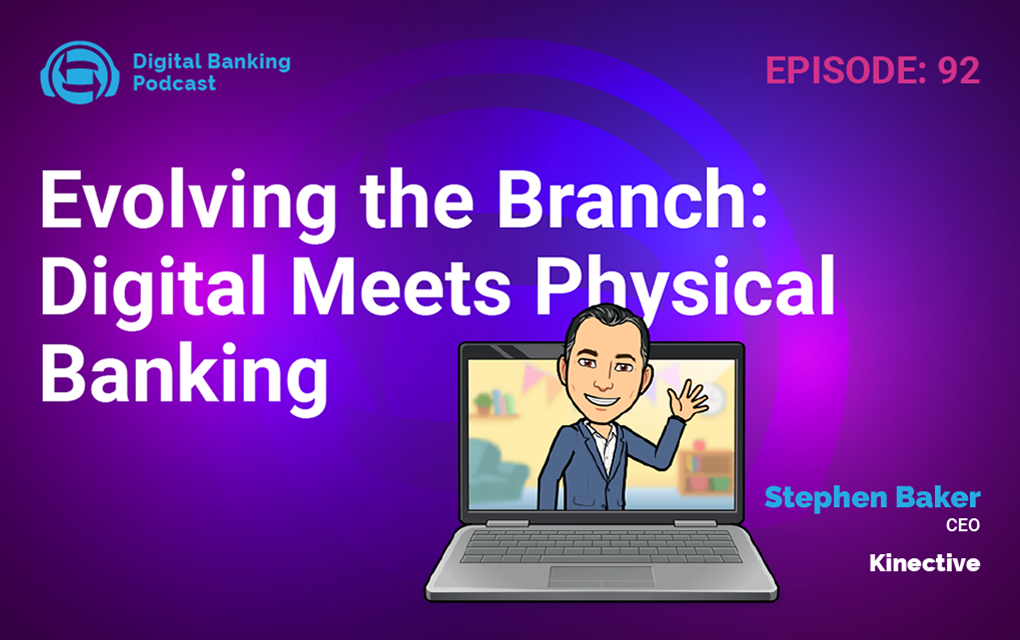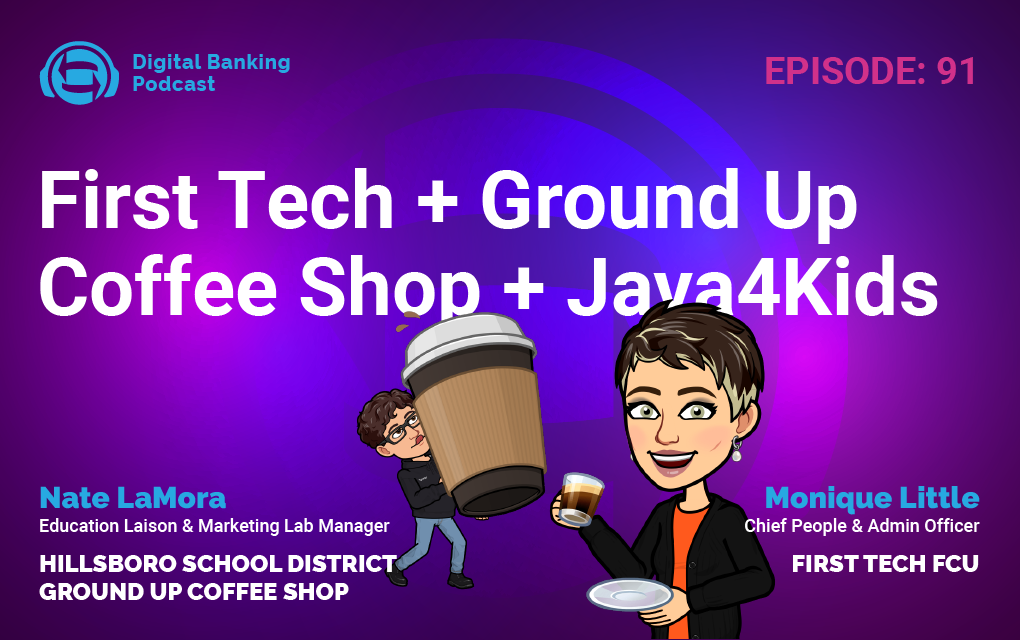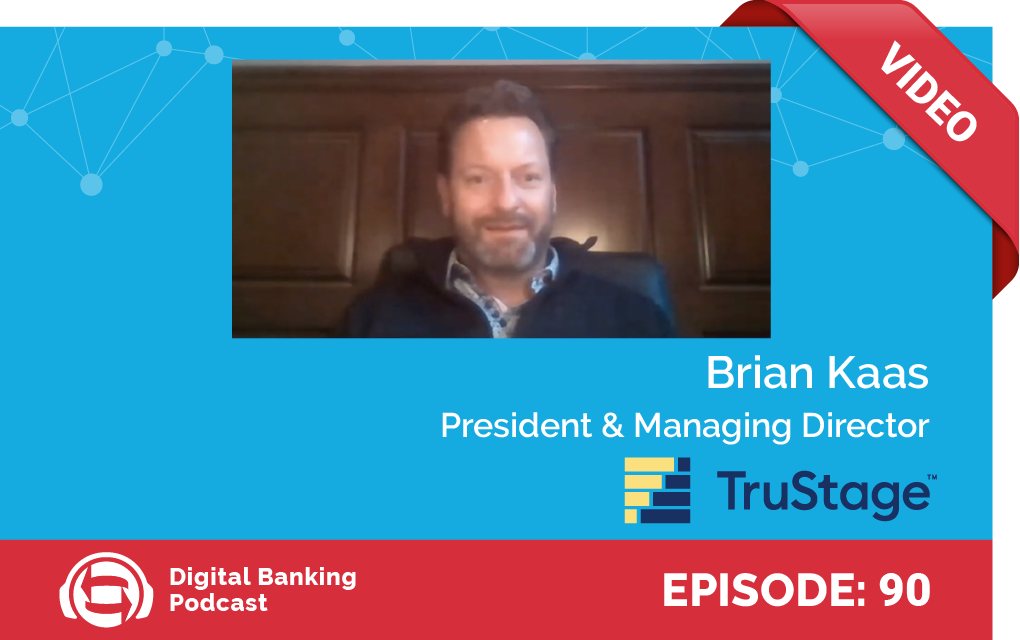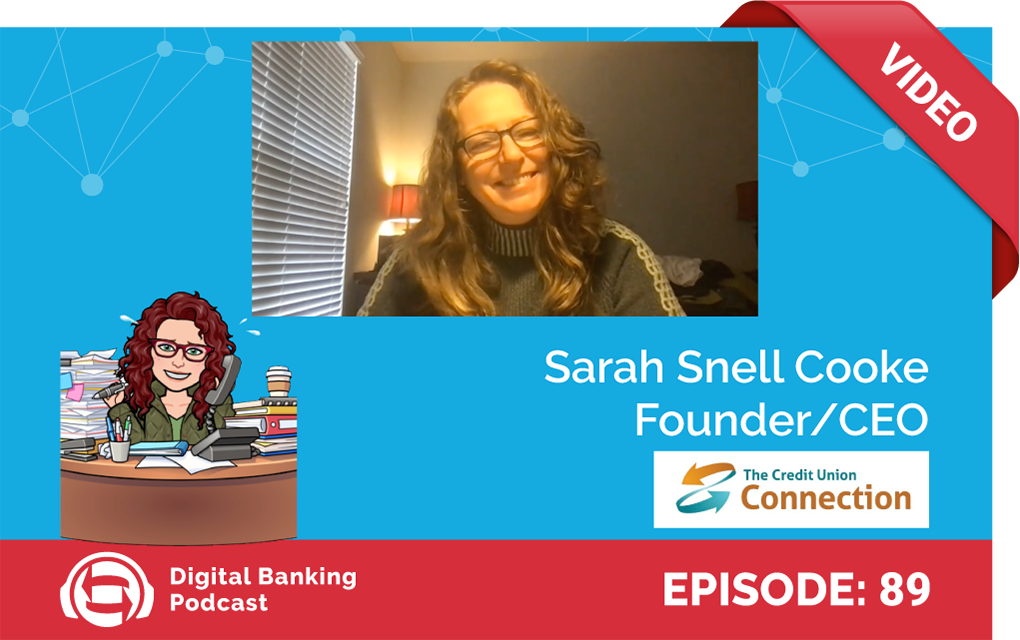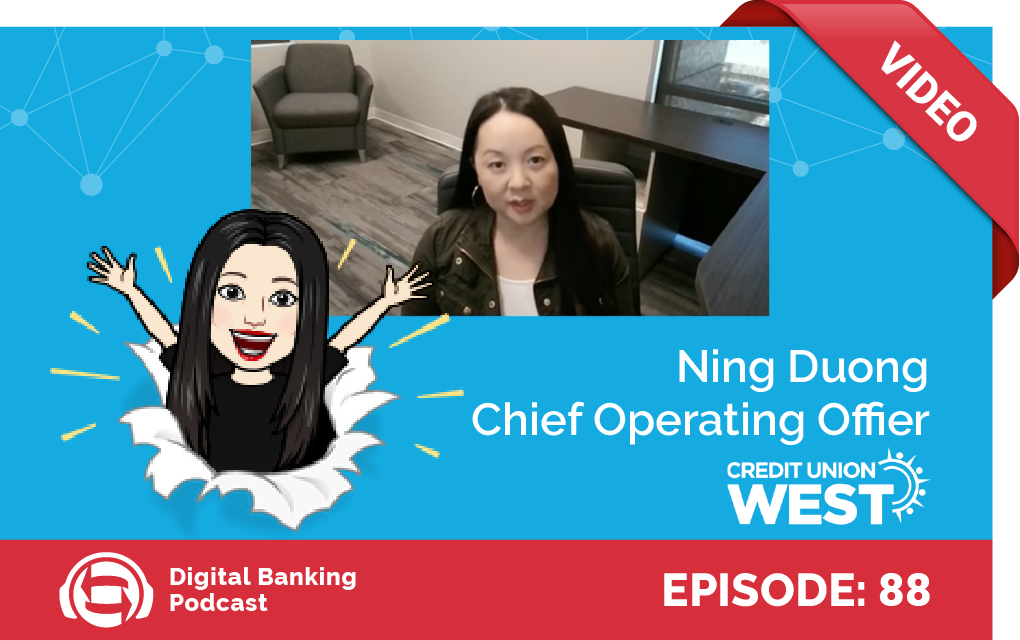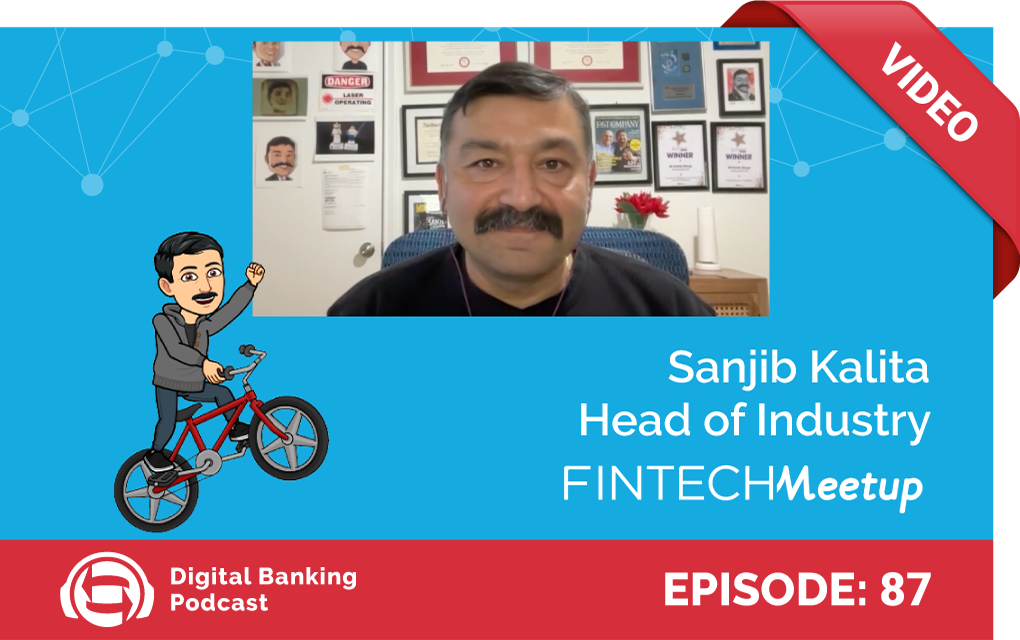Dutch Inspired Vision for Future Credit Union Service Models With Mike Tierney
LISTEN NOW
EPISODE: 07

Mike Tierney
Episode Summary
Podcast guest Mike Tierney discusses with host Josh DeTar the contrasts between current and former conventional U.S. American financial institution service offerings and personal finance management practices compared with those in other cultures, such as in the Netherlands.
Tierney, participating in the interview via international telecom, discusses current and future creative concepts for the development of live and digital interactive programs for educating children and adults in effective personal finance management practices.
Mike goes on to offer a vision for the future of the credit union role in helping individuals consolidate their personal financial resources on a powerful unified management platform, complete with an exciting array of helpful digital tools. For example, he considers the usefulness of providing charts displaying data extracted from the user’s various accounts, and analytics features generating status reports and other information auto-prompts triggered by variations in account balances, deviations from personal historical behavioral trends, etc.
The discussion goes on to explore inspirational concepts for helping individuals maintain a more consistent and meaningful focus on their financial position and goals, such as employing gamification, announcements of accomplishments, and symbolic digital awards for reaching set financial milestones, and others.
Key Insights
⚡ There are stark generational and cultural differences in the availability and utilization of financial resource types and tools for investment and consumer purposes. For example, “The differences in the ways the Dutch people view banking, compared to how we do it in the U.S. is remarkable. It’s night and day.”
⚡ There are game-changing financial benefits for people who receive personal finance management literacy training. “It’s like using heavy equipment or major tools. If they’re not used properly, they can be dangerous. If you don’t use banking products, like your checking account correctly, that can really set you back. It can bring your credit score down and that can affect you for years to come. So, if you can tie in education with the introduction to the financial institution, you’re doing both at the same time.”
⚡ Increasing ease of and inspiration with new tech tools for personal finance management help improve the potential for their personal financial success. “It’s gotta be holistic and up-to-date and, less work on the member to maintain, and maybe it would be good if it was more fun, more gamified, where your behavior, as far as savings or goal-setting that are being met, paying bills on time, or something, gets some kind of recognition, to keep you going on your quest toward achieving your goals, so that you’re more inclined to login and check and feel rewarded.”
⚡ Credit union membership should be actively promoted as a means of empowering individuals to acquire ownership in the banking and lending institution that serves them and, thereby, to be a part of a not-for-profit financial services organization in which they have an ownership stake, “a system that actually does care about their true success in life.”
Episode Highlights
Contrast in personal finance management habits in the U.S. vs. other cultures
“The differences in the ways the Dutch people view banking, compared to how we do it in the U.S. is remarkable. It’s night and day. They’re not into consumer debt at all. There are credit cards available. When Dutch people travel, they want to be able to get hotels. They want to be able to get their rental cars, but other than that, it’s all debit cards. In fact, if you travel to Amsterdam or anywhere else in the Netherlands and go to restaurants and stores, you’ll find that they don’t even accept credit cards. Travelers have to run to the nearest ATM and get some cash because their credit cards aren’t going to work. You really get proud of not using your, your credit card. You’re just paying for what you owe.”
Childhood personal financial life skills learning opportunities
Educational programs like Junior Achievement USA’s nationwide installations of Biz Town, offer students an immersive experience designed to engage them in an interactive mock business environment in which they can practice performing various typical adult consumer activities. “It’s almost like a Hollywood set. It’s like a town, and it’s all inside this warehouse environment. You’ve got your bank, and you’ve got your Fred Meyer, and you’ve got your mayor’s office. And so the kids go there and they all have a role and they spend a day there doing different jobs. It helps the kids really learn what it’s like to be in the real world.”
Technology enables enhanced member-centric credit union service models
“As we add technology, just being a part of your community remains an important aspect of credit unions too. People, those amazing differentiators that they are as humans can be out in your community, in elementary schools, out and about in the community. I think that’s one of the things we really need to continue to keep our eye on. Get out there and be yourself, especially in difficult times, find a way to get involved, just be there, be present, helping people. The technology should be freeing up people not only to get out there in the community but also to have deeper conversations with their members when the time is right.”
The insights and efficiencies that emerging tech tools will deliver
“I’m very passionate about personal financial management tools. With tools that have been around forever, like Quicken, it’s interesting to have a way to aggregate your accounts from different credit card companies and see all your transactions together at once. You can look at them, tabulate them, automatically put them into some sort of a pie chart so you can study your spending, and that’s really helpful. But a lot of times it has involved a lot of heavy lifting, especially at the setup. I’m looking forward to watching the industry grow and get better technology-wise so that it’s much simpler for the user. With AI, they should be able to look at your spending and give you intelligent tidbits on a regular basis about your financial activities.”
Prediction on the future of digital banking
“What is the role of digital banking 20 years from now? It’s going to look nothing like it does today. A lot of our thoughts are around things like banking trends. For example, instead of me actually having to log into my digital banking app to say, check my account balance, or see if a check is cleared, or if a direct deposit cleared, systems will push notification more. It may notify you: At this point in the month, you’re usually a little bit higher up than you are right now in your checking account. It may advise: So, be conscientious, you have this many bills that normally come due at this time as well. A lot of that may come down to the types of data that PFMs and aggregators have in place.”
Emphasis on child, teen, and adult financial literacy
The core focus is on the critical need for financial literacy to enable financial success. “An organization I worked with in Oregon was the financial literacy program called Financial Beginnings. They partnered with credit unions mostly and also with banks, to go out to schools. Now they’re doing a lot of it online, obviously. But I still like to go to schools and teach the kids of different grade levels about financial literacy. A couple of the credit unions that I’ve spoken with, like Atomic Credit Union in Ohio, actually have student-run credit unions at schools. An atomic employee is there, but the kids are running things. So, the kids are learning about membership application, and about saving and spending.”
Currently recommended financial and tech industry information resources
“Well, for banking stuff and the financial brand, Eponymous (John Sanfillipo) is good. I like what they have to say. Of course, I like CU Times and affinity guys like Jim Brune. Tech-wise it’s always good to find out what they’re doing in Mashable, the Next Web, Wired, stuff like that. You can get what’s happening in the tech industry, it doesn’t necessarily have to be banking, but there are some cool ideas that banking folks need to look at in it.”
Guest At A Glance
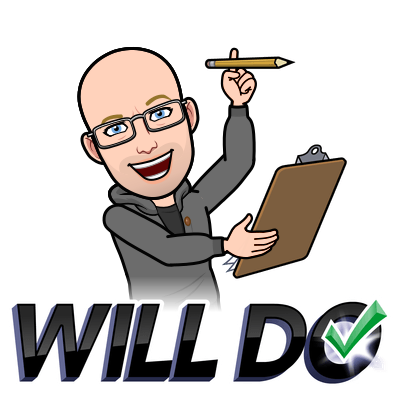
History: Previously, Mike served in the role of Digital Banking Consultant with Unitus Community Credit Union. Prior roles include Product Development Manager with Unitus, Program Manager with Wooden Consulting, LLC. His earlier experience included roles as Operations Manager with Wells Fargo for over three years, and Team Development Manager for Target Financial Services for nearly six years.
Industry Leadership: The influences of Mike Tierney’s 20 years’ experience in financial services management and consulting, including the past 12 years in the credit union subsector, along with his desire to help others have contributed to his passion for promoting the credit union institutional model.
Expertise: Mike brings a vast wealth of expert insights into banking services and cutting-edge digital alternative models. He is a visionary providing innovative solutions to the challenge of developing next gen credit union service models that are both inspiring and practical, to help inform and shape the strategic plans for financial services channels of the future.
Service Philosophy: “It’s not that my experience was that all big banks are bad. It wasn’t. But when I left that employment and got a job at a local credit union in Portland, my life just felt so much better, because I felt like I was working for the good people up there trying to make a living, instead of against them. And, that’s why I’m so passionate about credit unions.”
